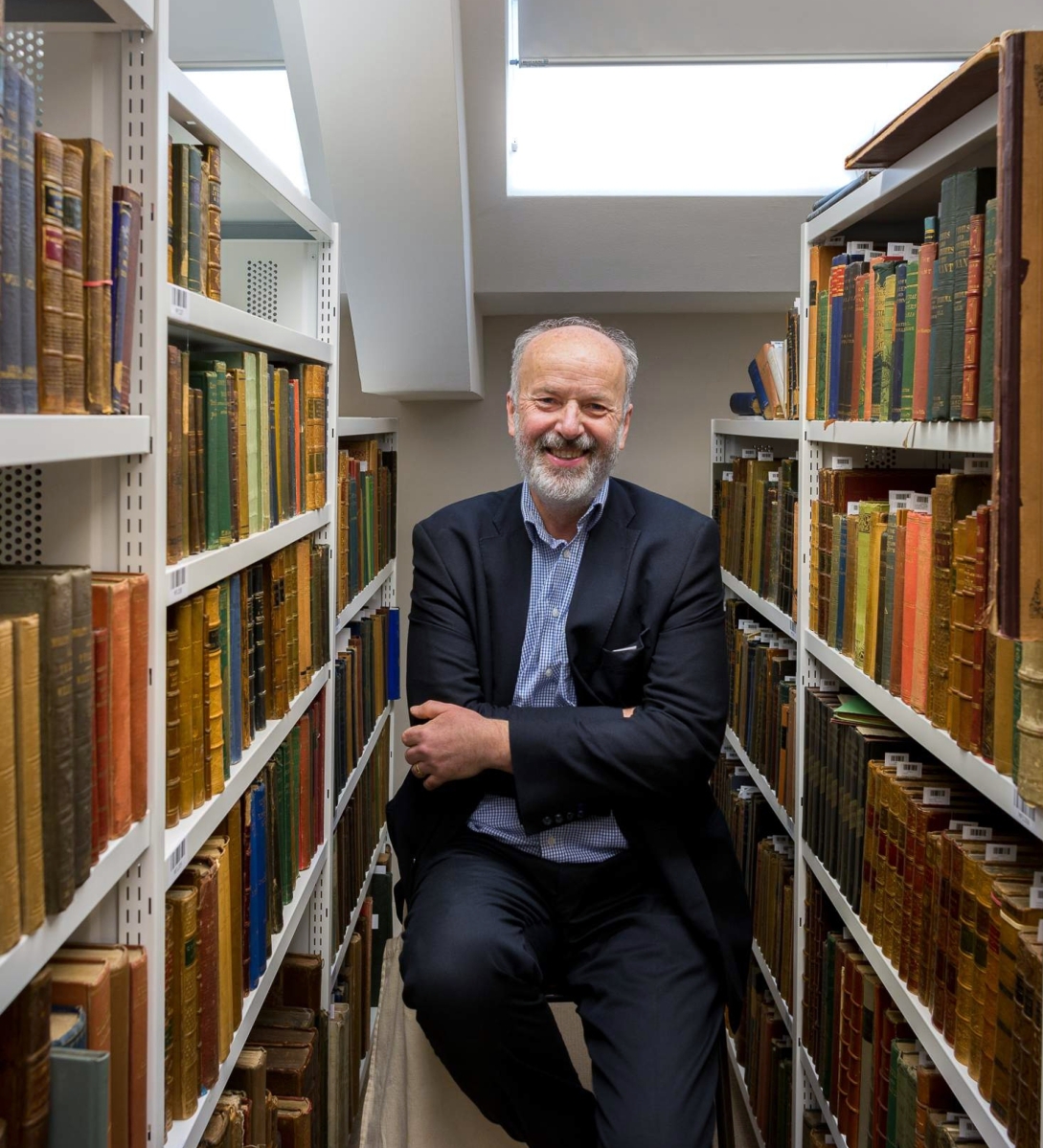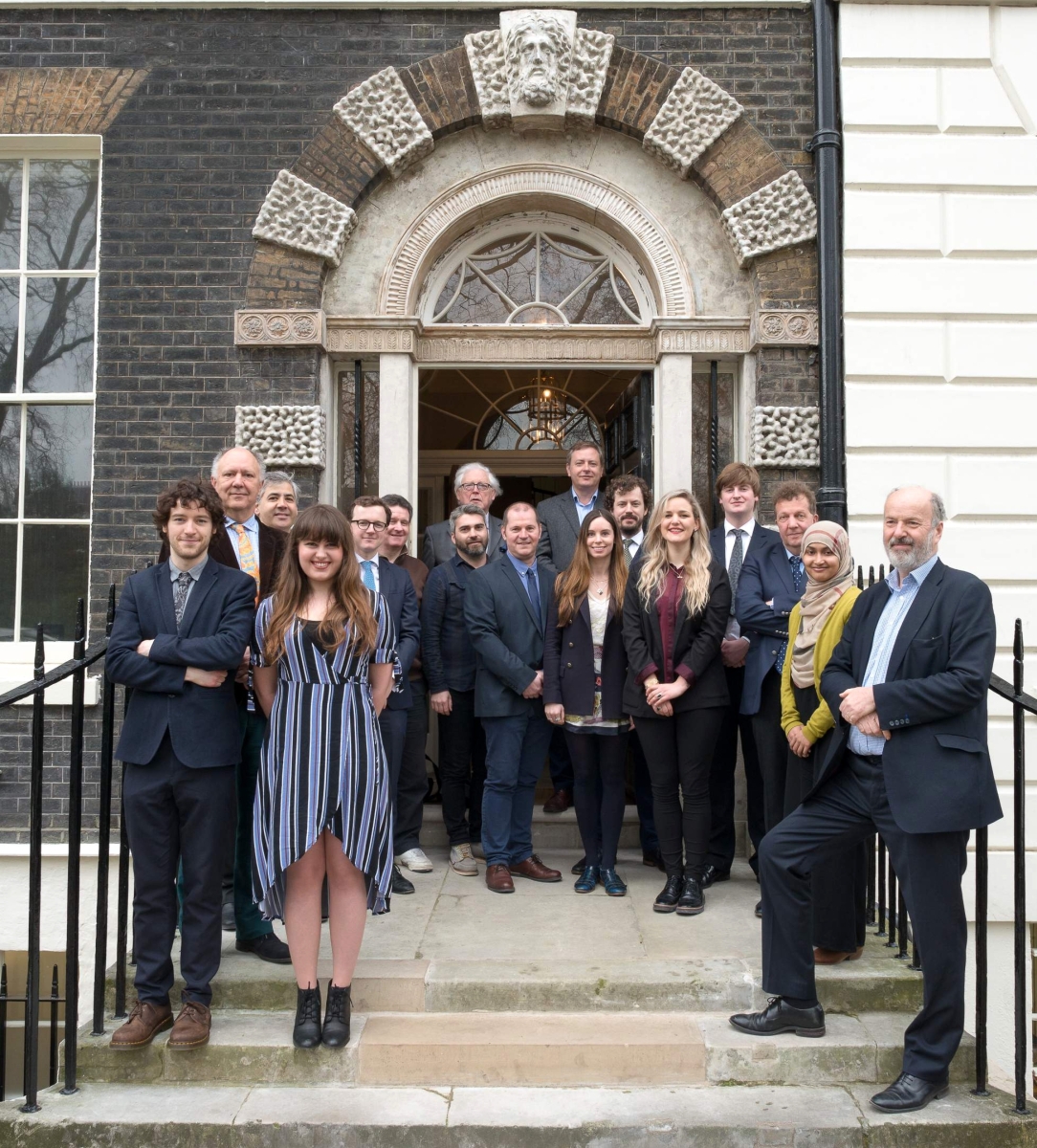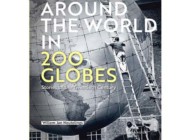On May 24, Queen Elizabeth’s favorite bookshop, Maggs Bros, reopened in its new location in London. Based at Berkeley Square until November 2015, the rare books and manuscripts seller purchased a magnificent townhouse on Bedford Square, registering a strong vote of confidence in the rare books business. Maggs has an amazing history. Family-run since its founding in 1853, it is one of the world’s largest antiquarian booksellers. Managing director Ed Maggs caught us up on what has been happening in the rare books industry.
Some observers say the interest in rare books has been in decline in recent years. What is your assessment?
The nature of people’s interest has certainly changed, and both institutions and collectors are much more selective about what they buy. As more texts of more books are available online, people are buying books less for their information and more for what we can learn from the individual copy. Lifestyles are different, with the result that few people are able to buy books in the large quantities they once did.
How do you market to today’s young people?
I’m not really sure that anything we do could be called “marketing,” but there’s the usual social networking stuff going on, and we’ve got a very good cadre of younger staff members. There’s a lot of appetite among the millennials for things with heft – books have heft. Authenticity is everything for the intelligent youngster who has grown up in a digitally devalued world – fixed gear bikes, vinyl LPs and actual books are authentic objects.
If you are the Queen’s favorite bookshop, can you tell us what her favorite book might be?
Ah, now, that would be telling. We’re a very discreet firm – it’s what we do – so we never discuss our customers, but it’s a matter of record that the Royal Library at Windsor is an important collection. If that’s annoyingly tight-lipped, I’d refer you to Alan Bennett, who I think had his fictional queen moving from Nancy Mitford to Marcel Proust.
Who are some of the other famous customers who frequent your business?
I’ll tell a lovely anonymous story about a very famous film actor who used to come in regularly. We were all a bit nervous about dealing with him, for the normal reasons, and it took my father to resolve it. Never having seen a film in his life, he bounced up to him and pumped his hand, asking, “And what do you do for a living?”
How are you embracing new technology while maintaining the continuity of the printed word?
Booksellers were computerized before many other trades, and were selling actively on the internet from well before the likes of Amazon and eBay. We list books – not everything, we keep some of the better things to ourselves – on maggs.com and on abe.com, the market-leading book aggregating site. We are closing in on a total of 1,500 printed catalogs over the 165 years of the firm, and still produce them, though at a slower rate than when they were the principal means of communication. The permanence of the printed record is a main attraction. We have been intoxicated by the way that the internet has opened and democratized the way we do our research, at the same time as understanding that it’s changed our business hugely. Many books of reference that once had considerable commercial value are now pretty much worthless.
The social platforms are full of people sharing interesting material about rare books and manuscripts – it’s now a major forum for discussions of these sort of things.
What are some of the major shows in the United States that Maggs Bros attends?
We do the rare book fairs in San Francisco, Los Angeles and New York. We’ll occasionally do some of the smaller ones like the Map Show in Miami and the Chicago Antiquarian Book Fair.
What are your areas of expertise, and how much stock do you carry?
We’ve got experts in many areas, including books and manuscripts on voyages and exploration, literature of almost all periods, Japanese and Chinese literature and history, fine printing, including early printing and modern fine printing, arts and crafts, literary archives and almost anything that comes across our desk. We’ve got about 100,000 books in stock, but not all of them are available for sale – the others are either part of special projects or books we’ve not got around to dealing with.
What do you count as the rarest work in your collection – book or manuscript?
All manuscripts are unique by definition – among the most exciting things we have at the moment are the only surviving working manuscript of Lawrence of Arabia’s Seven Pillars Of Wisdom, a mid-Sixteenth Century medical manuscript describing the operation to remove the arrow from Prince Hal’s face received at the Battle of Shrewsbury and two mid-Fourteenth Century manuscript leaves of Marco Polo’s description of his travels to Asia.
–W.A. Demers






